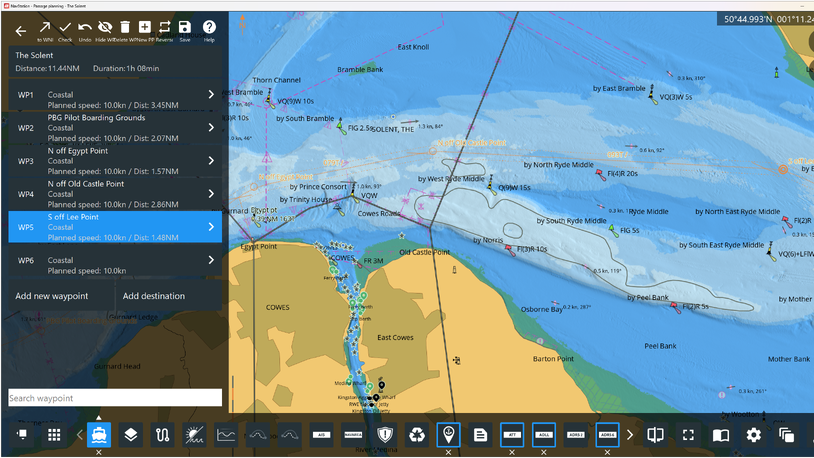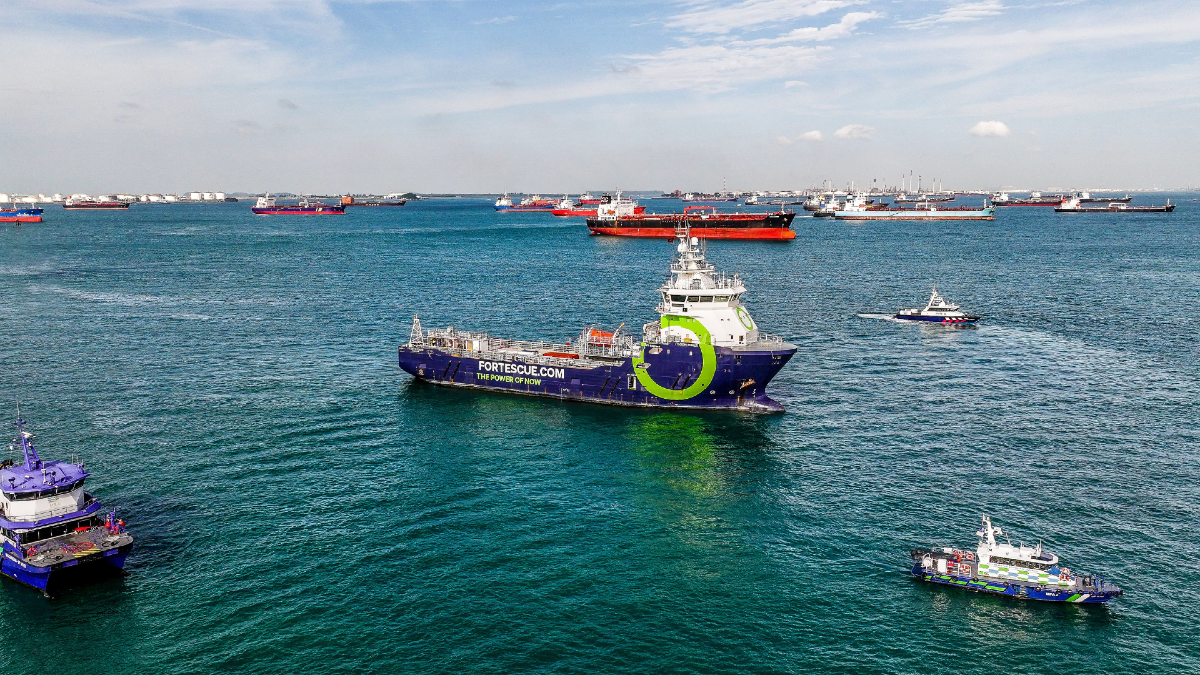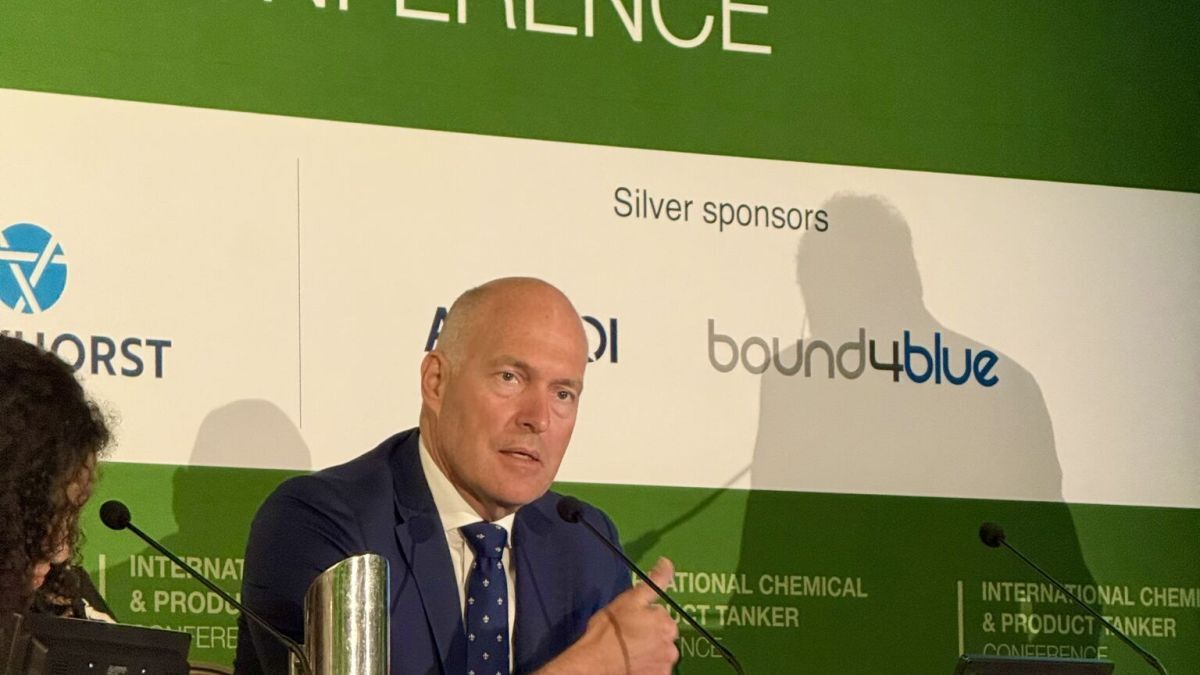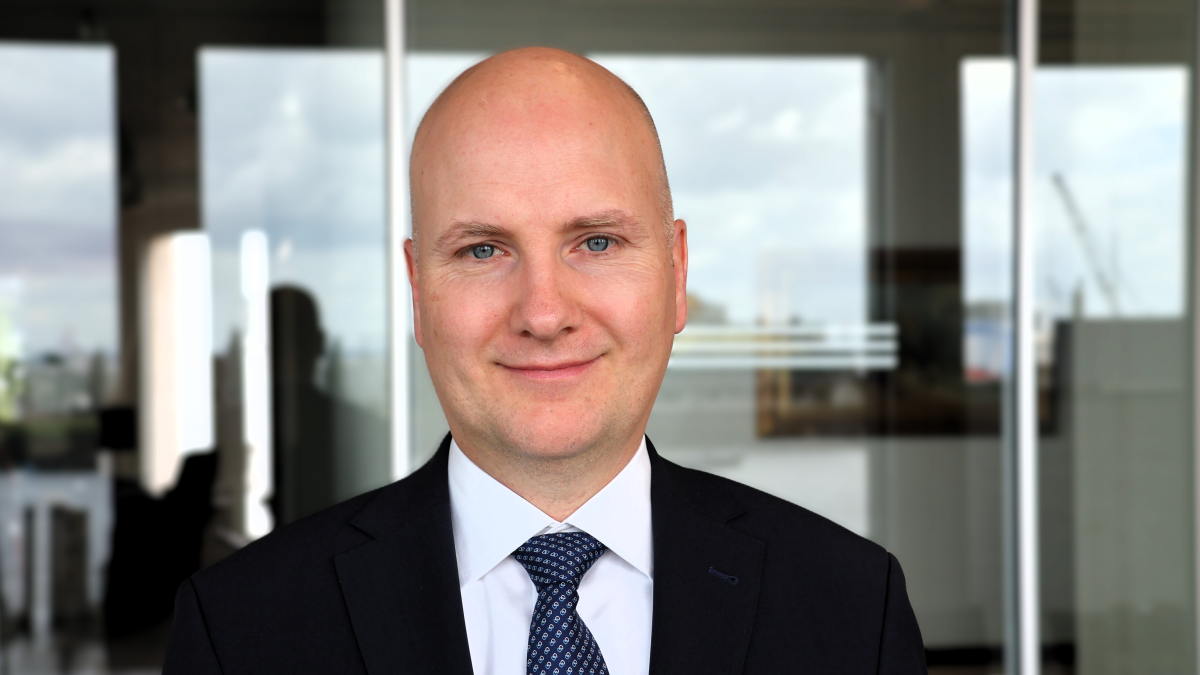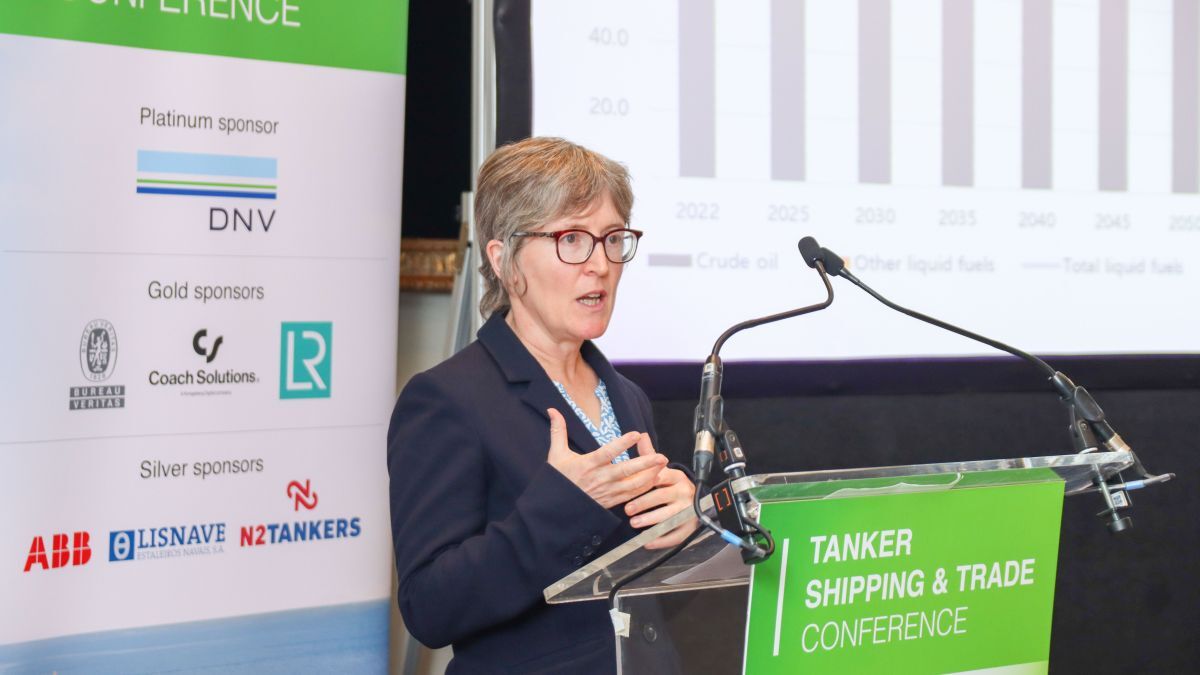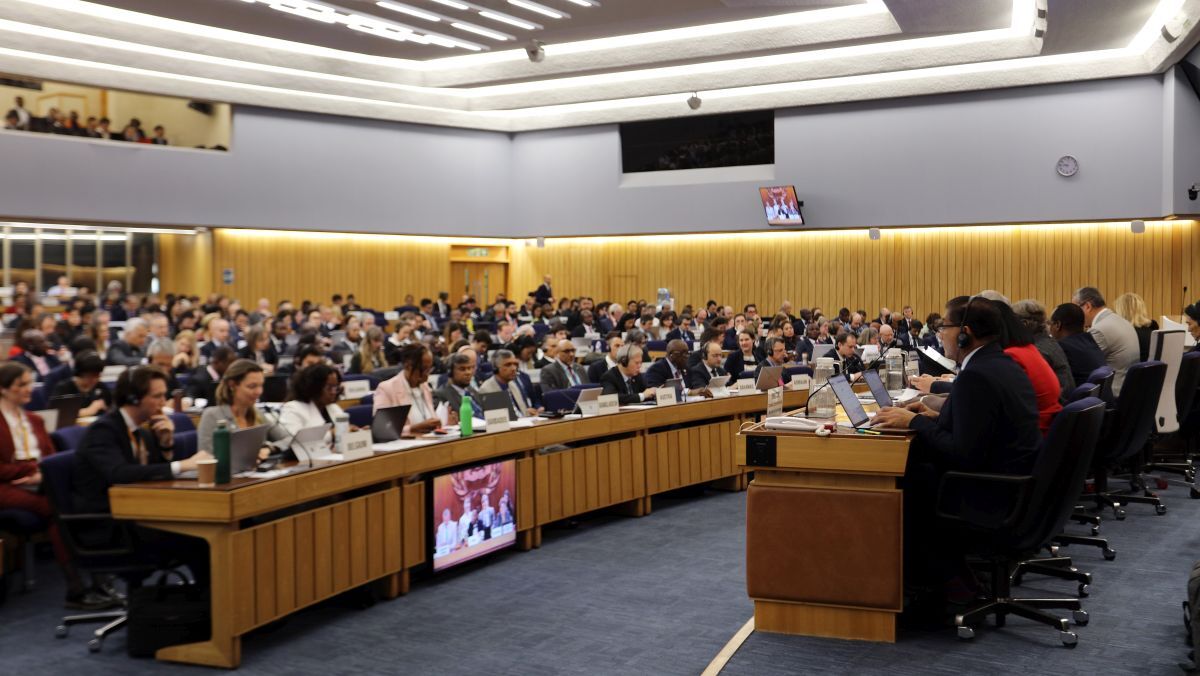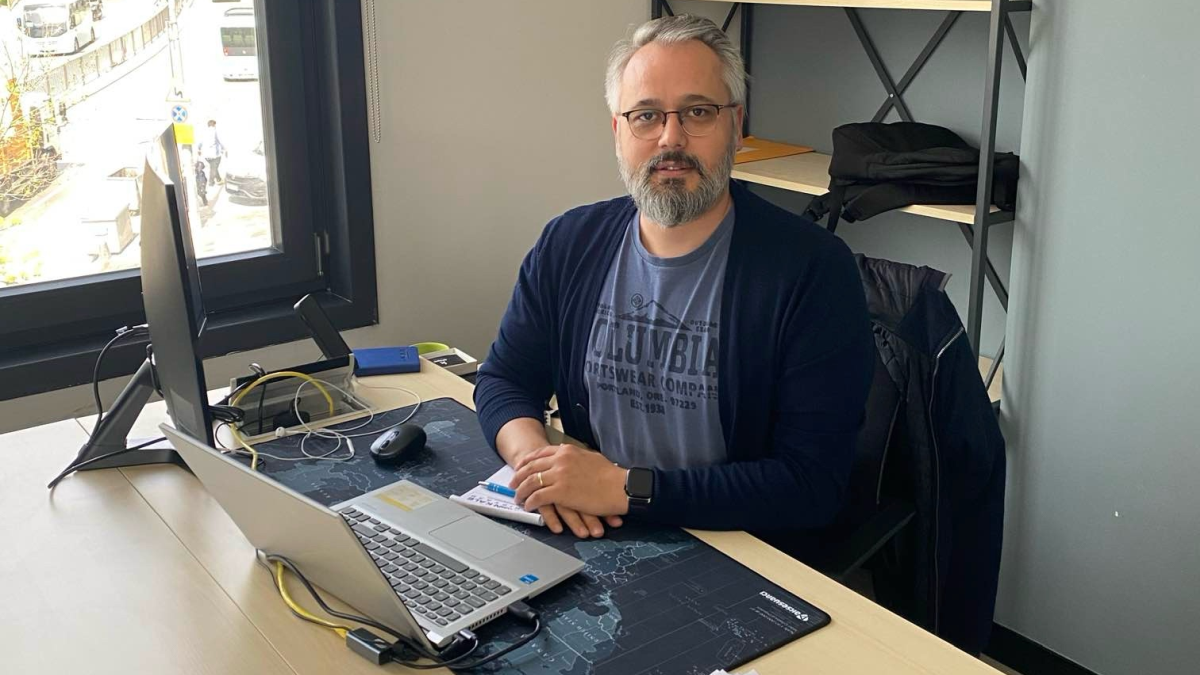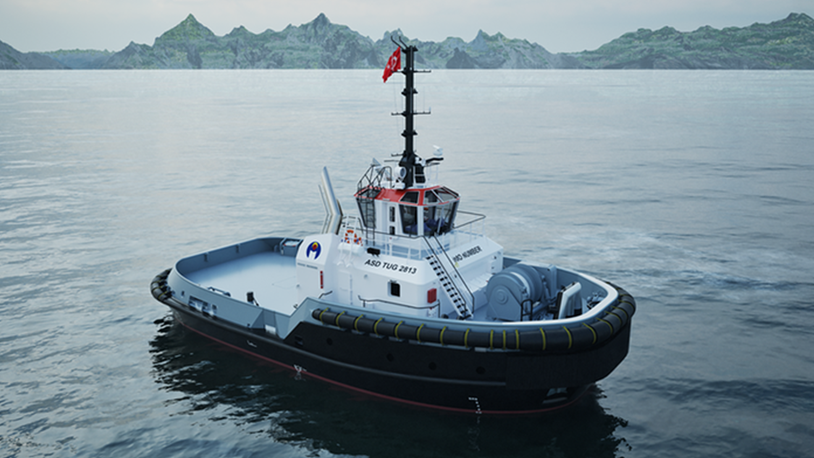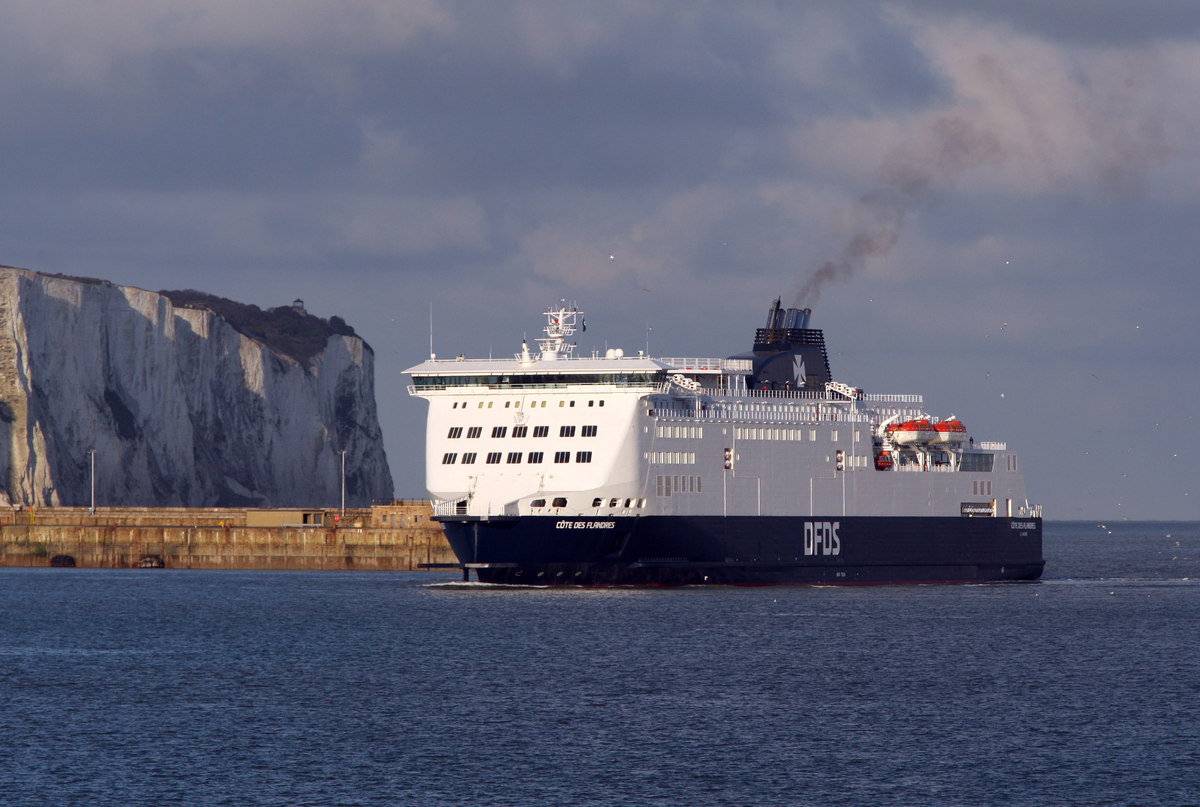Business Sectors
Events
Contents
Register to read more articles.
2024 in marine propulsion: a tumultuous year
2024 was a tumultuous year for the marine industry, marked by a rapidly changing regulatory landscape, technological triumphs, geopolitical upheaval and significant danger and suffering endured by crews
2024 kicked off with a big regulatory change for marine transport – its inclusion in the EU Emissions Trading System (EU ETS) as of 1 January 2024. The European law is about cutting greenhouse gases (GHG) generated by transport, power generation and industry intra-EU, through a cap-and-trade system. For shipping, this means clamping down on emissions coming out of a ship’s stack. Under EU ETS, commercial passenger and cargo ships of 5,000 gross tonnes or more are liable to pay EU allowances for 40% of their reported annual GHG emissions for the year. This will increase to 70% in 2025 and 100% by 2026. Data collected under the EU Monitoring, Reporting and Verification regulation is used to determine the shipowners’ liability under the EU ETS.
One reprieve for shipowners is that they will not be required to surrender their emissions allowances for 2024 until 30 September 2025 – five months after the original deadline of 30 April.
"A smooth transition depends on well-trained crew and shoreside staff”
On the international regulatory front, IMO’s Marine Environment Protection Committee, 82nd Session identified the challenges and gaps (read this as ‘flaws’) of Carbon Intensity Index (CII), which has proven to be a lightning rod for complaints among shipowners. Probably CII’s worst result: it penalises efficient, fully laden cargo-carrying ships and rewards those operating in ballast condition. The good news is that the flaws that are considered most urgent will be addressed before 1 January 2026.
OEMs collaborating with owners, regulatory bodies, shipyards, port authorities, NGOs and others scored several technical triumphs covered by Marine Propulsion during the year. Chief among these were the pioneering retrofit work on advancing ammonia, including the first ammonia-fuelled vessel, Fortescue Green Pioneer, Amogy’s retrofit of the 1957-built tug NH3 Kraken and NYK Line’s Sakigake. And over the next two years, the first ammonia dual-fuel engines will become commercially available.
And while Maersk has widened its investments to include LNG-powered newbuilds, the Danish shipowner, along with X-Press Feeders, undertook conversions to allow its ships to burn methanol.
Investment remains strong in fleet renewal, highlighted by orders for alternative-fuel-capable ships, which now represent 52% of the total tonnage on the orderbook, according to Clarksons. LNG, the red-headed stepchild of alternative fuels, has regained favour, with over 600 LNG dual-fuel ships in operation and another 649 on order. LNG offers surety, with long-term compliance with FuelEU Maritime, environmental benefits, cost competitiveness and expanding availability.
Technologies to watch over the coming months include hydrogen fuel cells, batteries, onboard carbon capture – set for its first full-scale project in 2025 – and wind-assisted propulsion, the latter of which has gained significant attention for its potential to cut fuel consumption and reduce emissions by simply harvesting the wind.
But to paraphrase DNV Maritime, business development director and regional director for maritime decarbonization, Americas, Jan Hagen Andersen, shipping’s future is about people, not just technology. A smooth transition to cleaner fuels, better efficiency, lower emissions, and increased safety depends on well-trained crew and shoreside staff. Putting people first should be at the core of every business. In shipping’s case, this means protecting mariners from terrorist and piracy attacks and rescuing them when shoddy shadow fleet owners leave them abandoned at sea. As of mid-November, the ITF reported a record number 282 ships carrying more than 4,000 seafarers were abandoned by owners. How will shipping attract the next generation of seafarers if it is not taking care of the current generation? Shipping needs to address this with the same urgency as maritime decarbonisation. Maritime decarbonisation will not succeed without people.
Sign up for Riviera’s series of technical and operational webinars and conferences:
- Register to attend by visiting our events page.
- Watch recordings from all of our webinars in the webinar library.
Related to this Story
Women in Maritime Today: Elin Saltkjel says no day working in maritime is dull
Events
Maritime Environmental Protection Webinar Week
Cyber & Vessel Security Webinar Week
The illusion of safety: what we're getting wrong about crews, tech, and fatigue
Responsible Ship Recycling Forum 2025
© 2024 Riviera Maritime Media Ltd.

